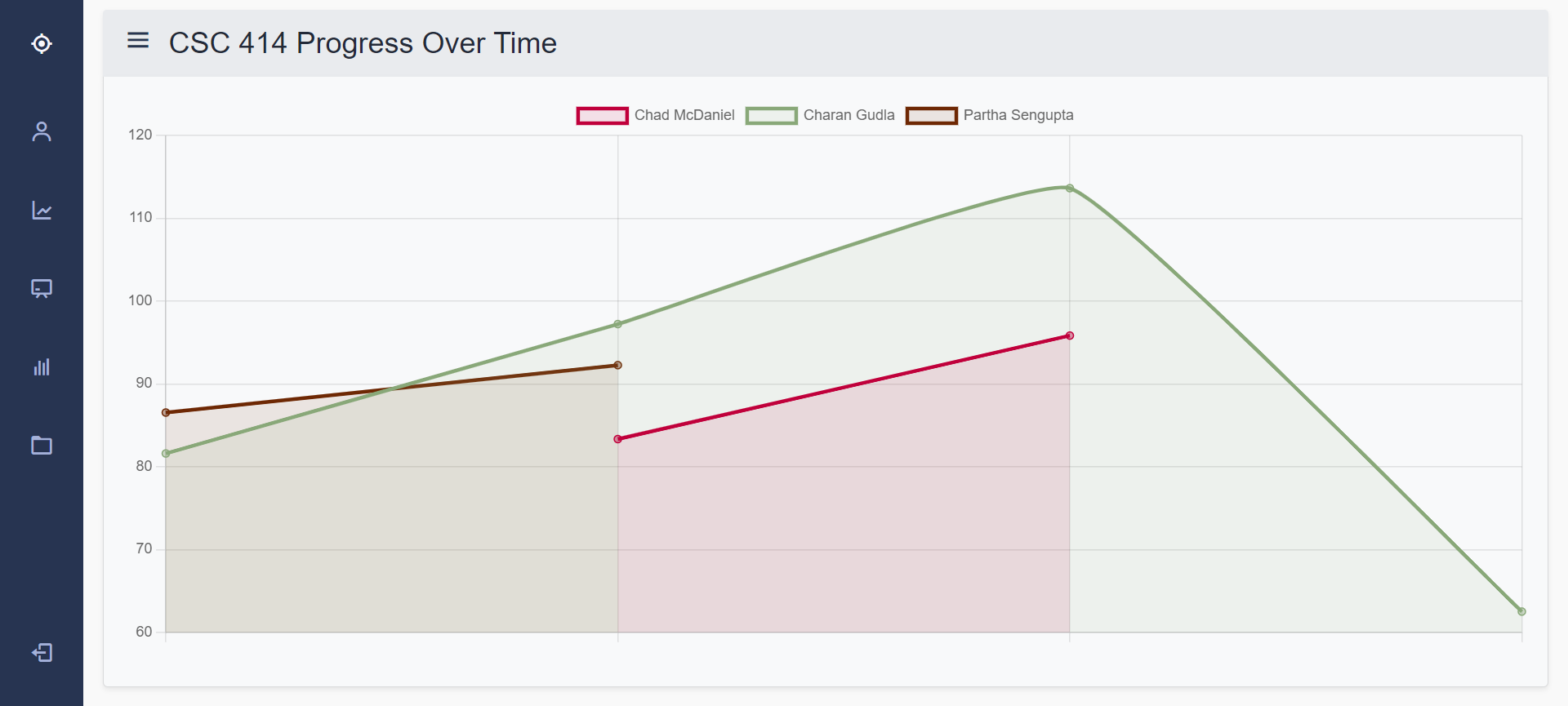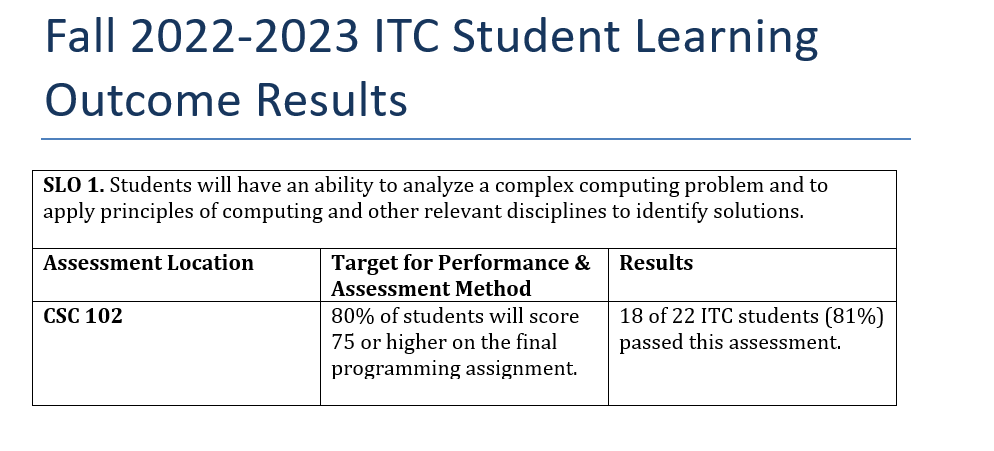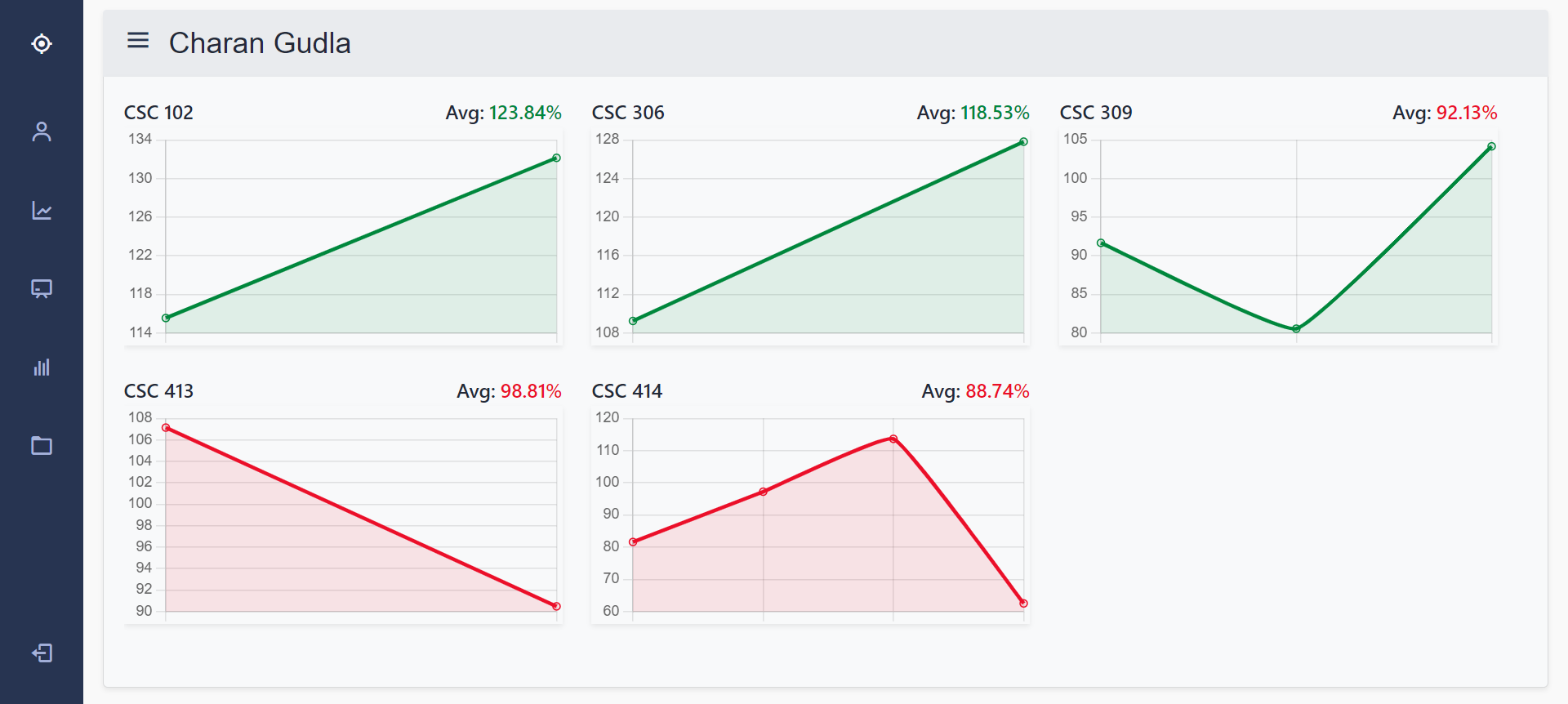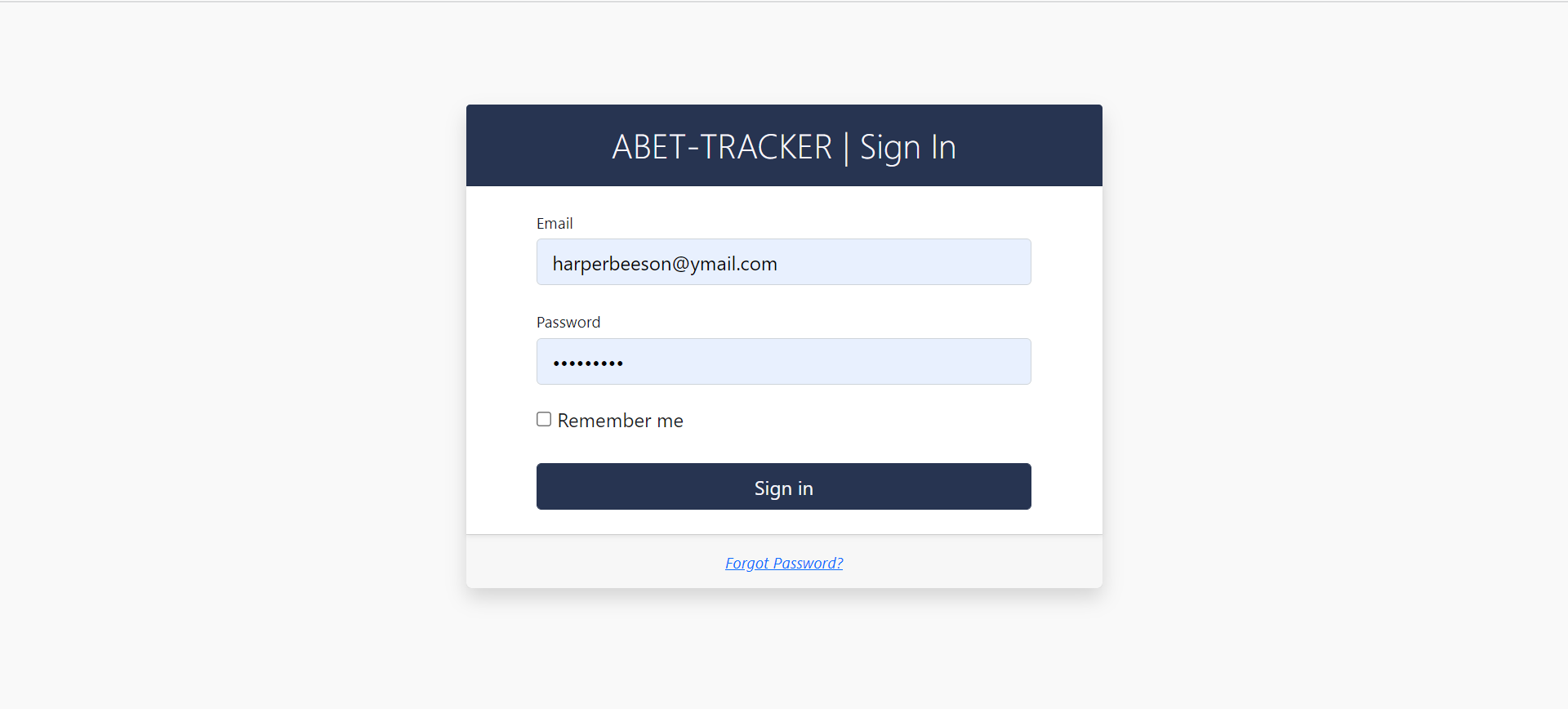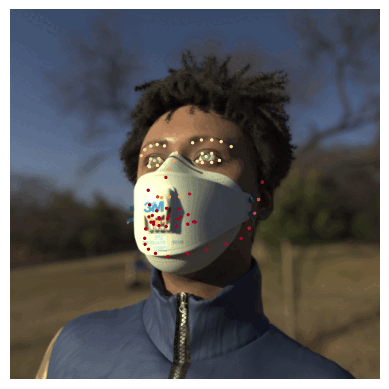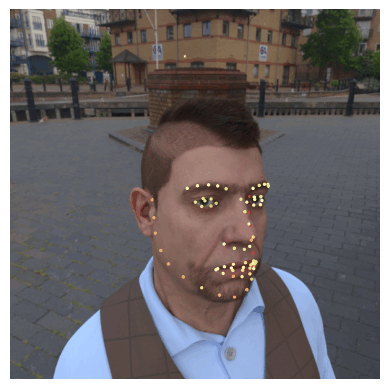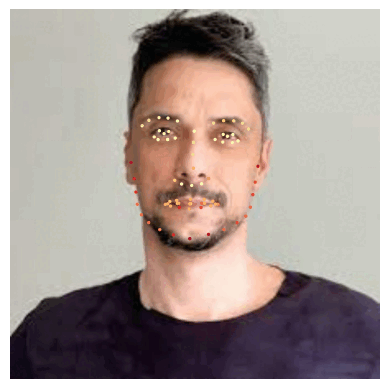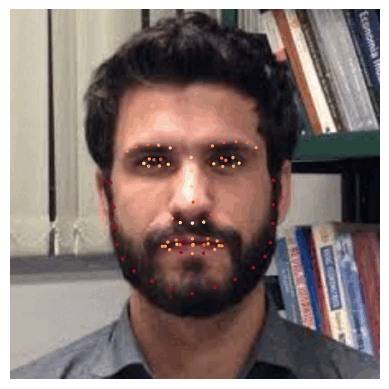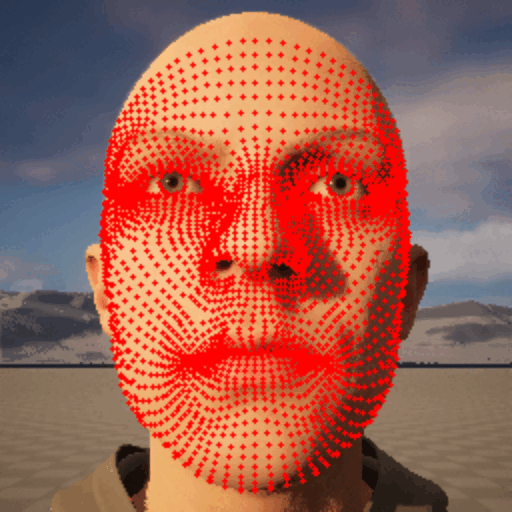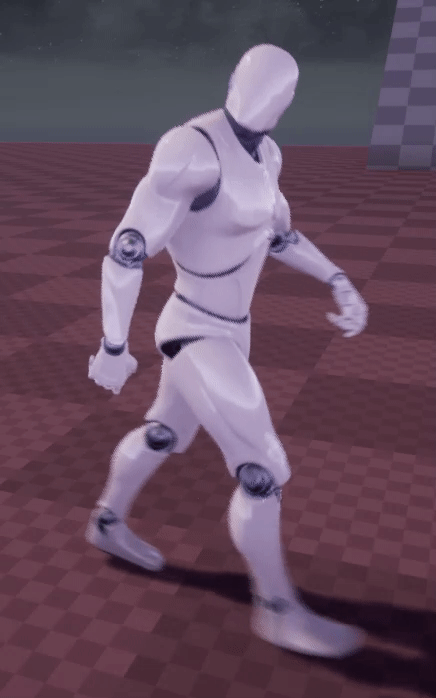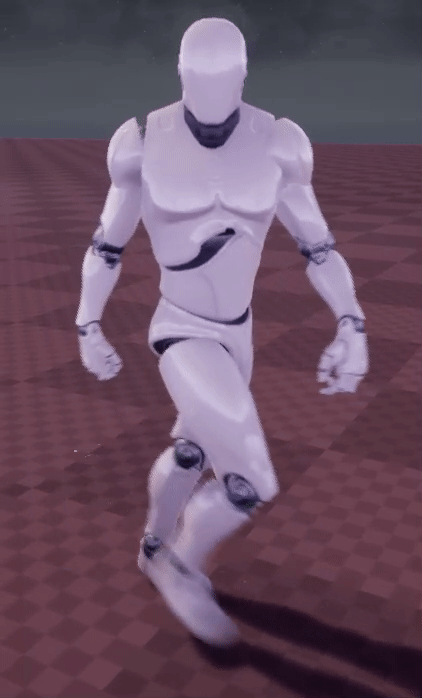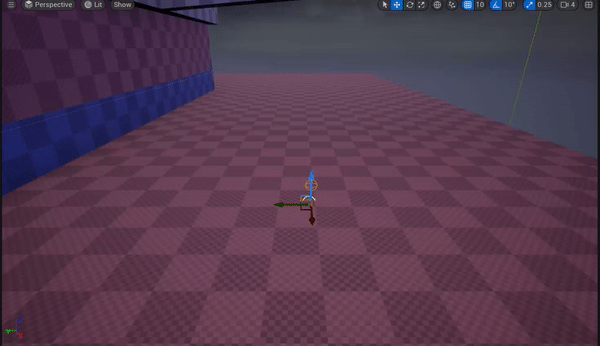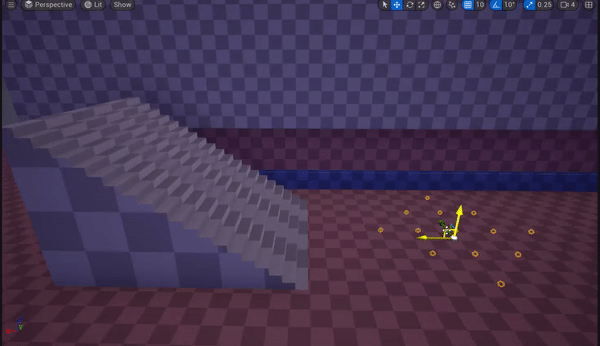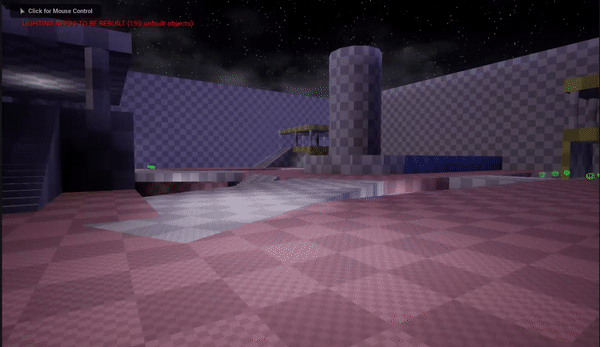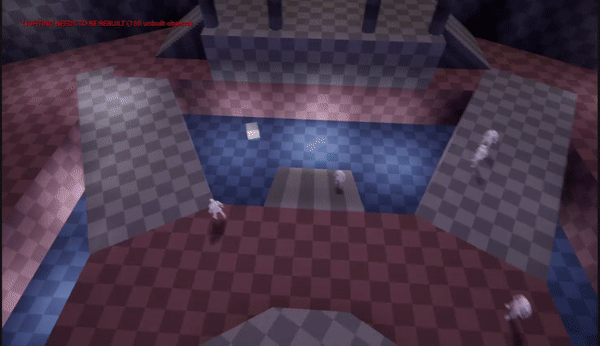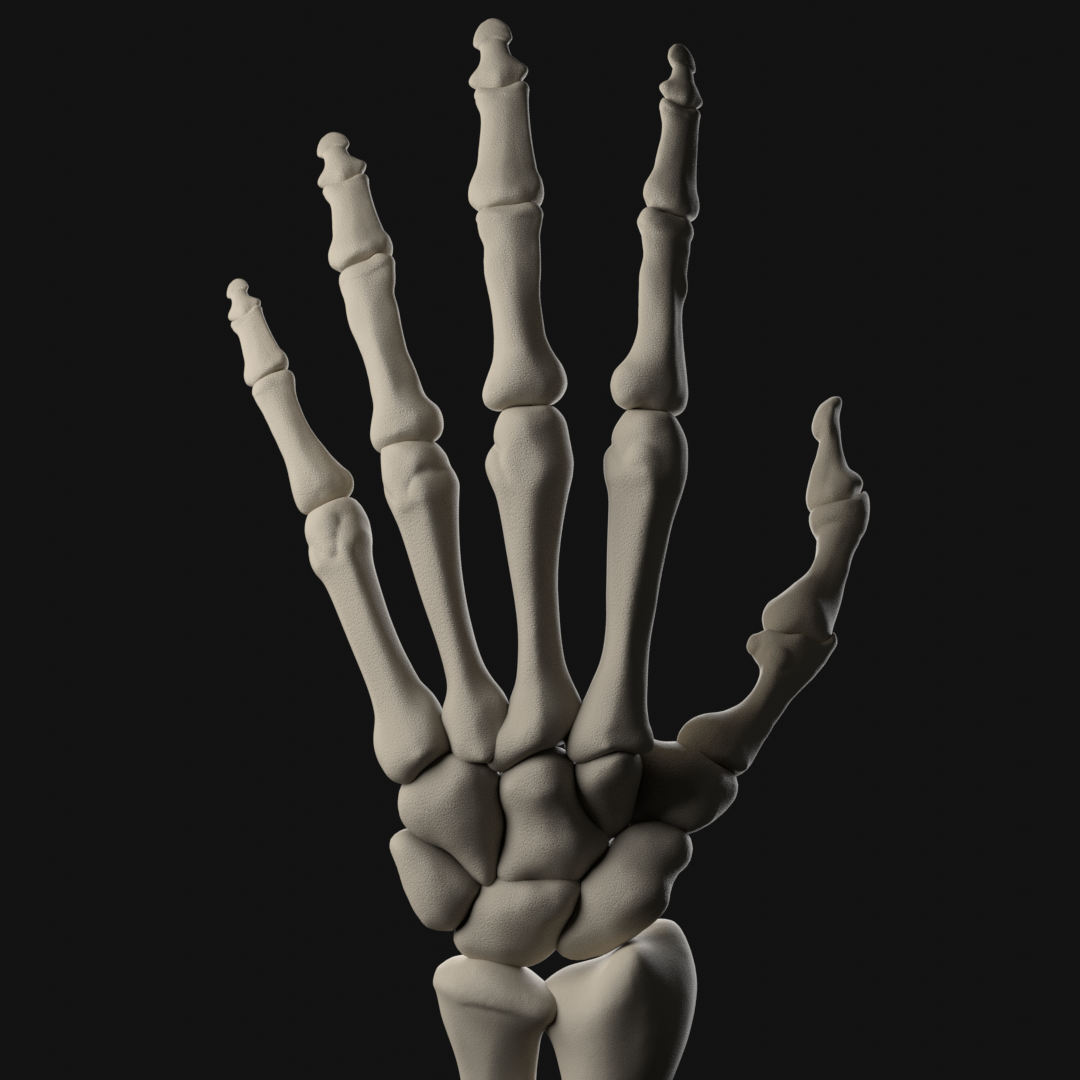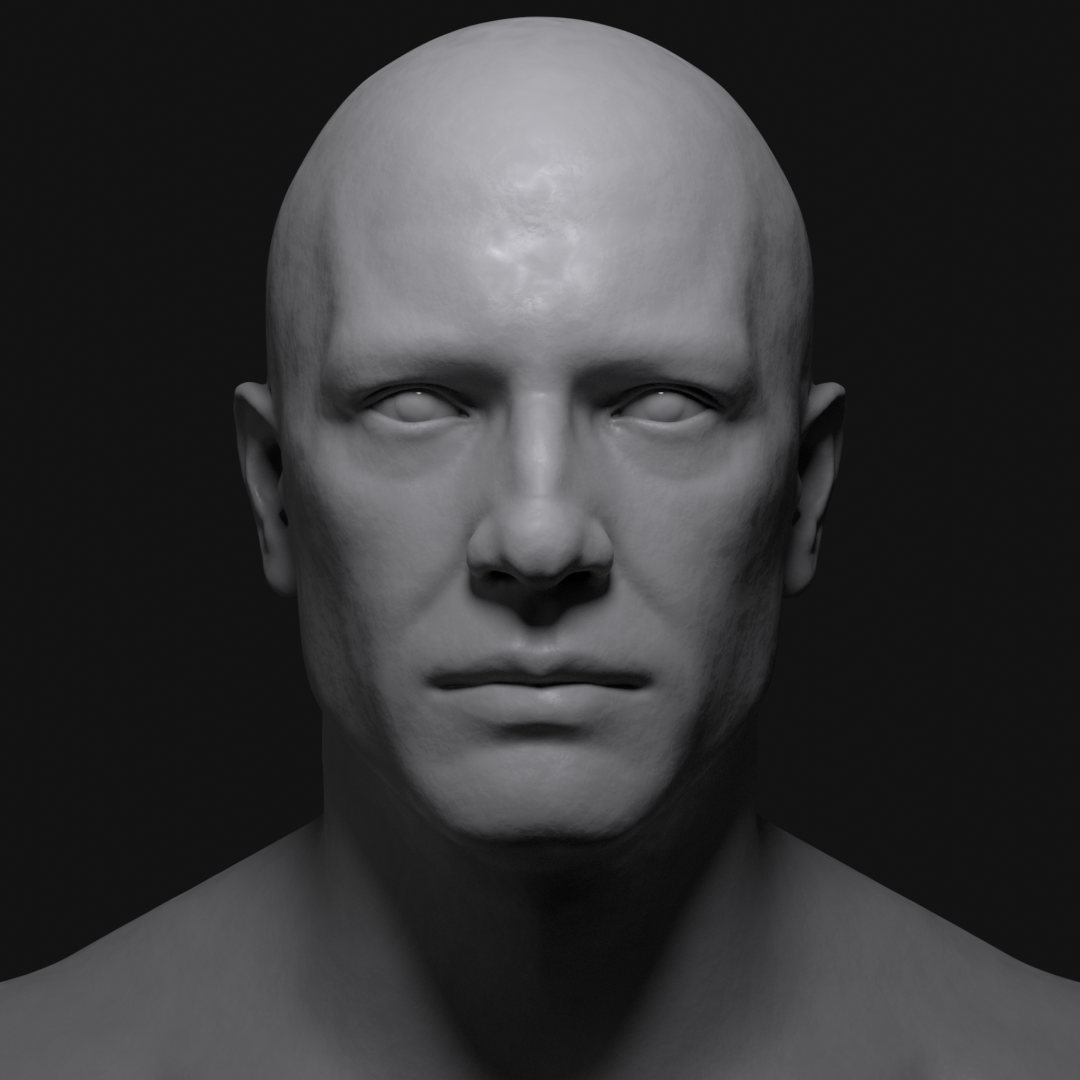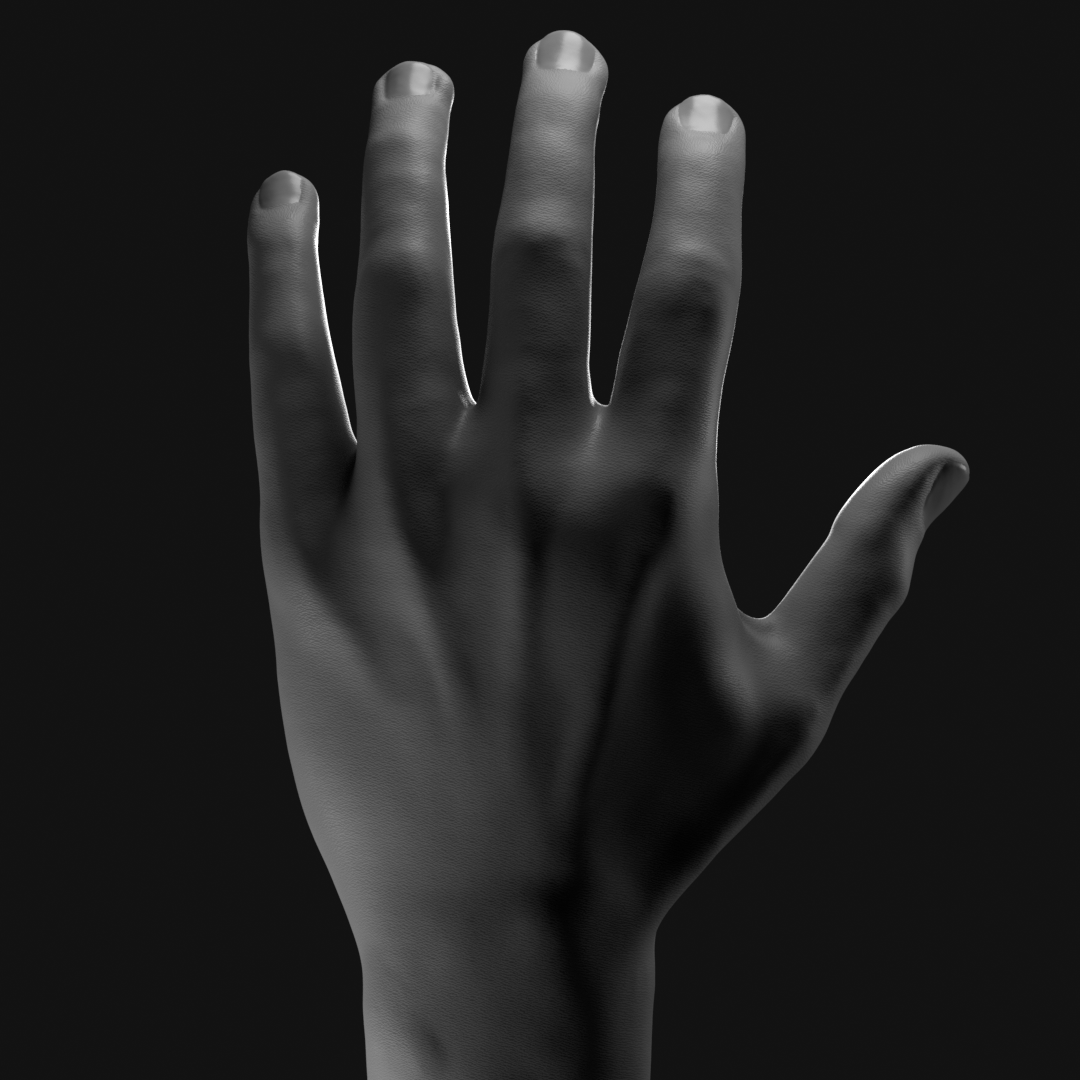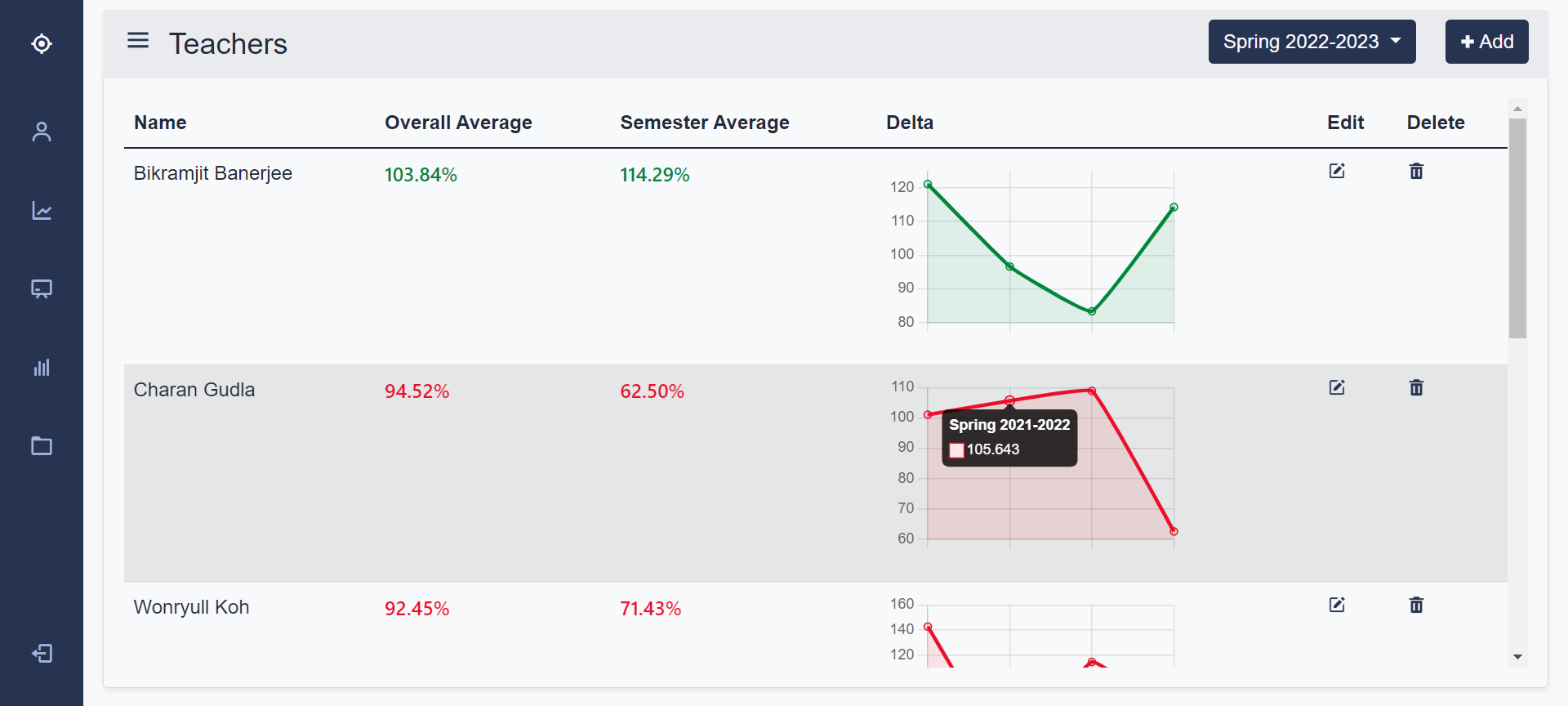
Hi! I'm Harper Beeson.
As the head of my company, Beeson LLC, I've designed, launched, and maintained state-of-the-art neural networks and cloud-based software solutions for clients such as The University of Southern Mississippi. I have over 7 years of programming experience, I've led teams of up to 8 software engineers, and I've had the opportunity to work with full-stack REST architectures, computer vision, and game engines. Here's a peek at some of my most interesting personal work.
ABET-Tracker
ABET-Tracker is a cloud-based, web-app solution for collecting, processing, and displaying professor performance metrics for universities and accrediting organizations such as ABET. ABET-Tracker was conceived, developed, and launched in two months solely by me. I wrote over 10,000+ lines of functioning HTML, CSS, JavaScript, Python, Django, and PostgreSQL code. I hosted, maintained, and routinely updated the app on AWS for a year while it was used by The University of Southern Mississippi.
(Disclaimer: images below contain fictional data)
Computer Vision
I've desinged a proprietary CNN architecture that allows a model to refine its initial facial landmark prediction and decrease error by up to 11%. The model was trained completely on synthetic data, and it reproduces and extends the results from a recent paper. The model learned in an unsupervised fashion to output uncertainty for each of its preditctions. The gifs below show the model's initial prediction and refined prediction. Notice the increase in accuracy and certainty in the second guess.
(The closer to red a landmark is, the less certain the model was)
Despite being trained on synthetic data, the model generalizes well to real world data. Notice in the images below that larger and more accurate adjustments are made compared to the synthetic examples.
Moving forward, I'm creating a custom dataset using Unreal Engine to track up to 2,000 landmarks, their depth, and their relative expression. The image below shows the result of my custom pipeline for rendering 15 data samples per second.
Unreal Engine
I've had the unique experience of coding in Unreal Engine since I was 15. Below is an example of one of my favorite additions I made to the engine. The system implements focus tracking, an IK/FK solution for dynamically altering skeletal mesh animation at runtime to align with a view target. Unique to this approach is that alterations are calculated from a single frame of animation and spread across multiple bones, so animation details are preserved.
The solution was implemented entirely in C++ and incorporated into the engine's existing graph API. The code functions as a standalone module that can easily be included in any existing Unreal Engine project.
Another one of my favorite systems implements a custom envrionmental query system to synchronize movements and positions between multiple AI agents. The system was made with C++ and Unreal's blueprint system. It was built with level designers in mind, so customizing the positions of query points is simple. In the demo images below, the system was set to check for player visibility. Points that can "see" the player are updated as green, and red otherwise.
Get to Know Me
If you've made it this far into my portfolio, you may be curious about who I am outside of work. I'm constantly moving, thinking, learning, and trying new things. I attempted to solve an NP-Complete problem for roughly 5 months, and I routinely add to my ever growing pile of AGI notes and ideas. I hope to one day help pioneer a new computer architecture for real time simulations, and I dream of making a AAA quality game completely by myself. Outside of the industry, I'm captivated by the art of film making and music production. I grew up on Tarantino, Scorsese, and Fincher, and I often find myself writing scripts for short films. I've been lucky enough to experience success with my own hobbies over the years including piano, violin, guitar, portraiture, and 3D art. Here's a collection of some of my favorite portraits and renders from over the years:
